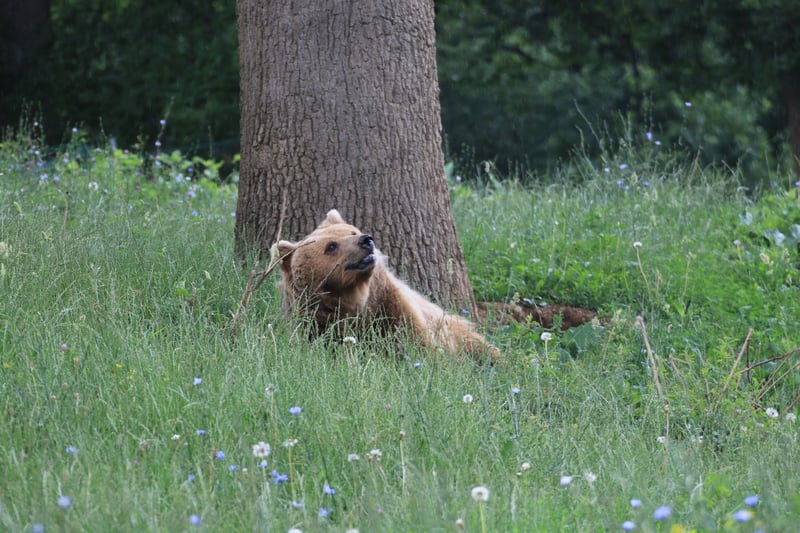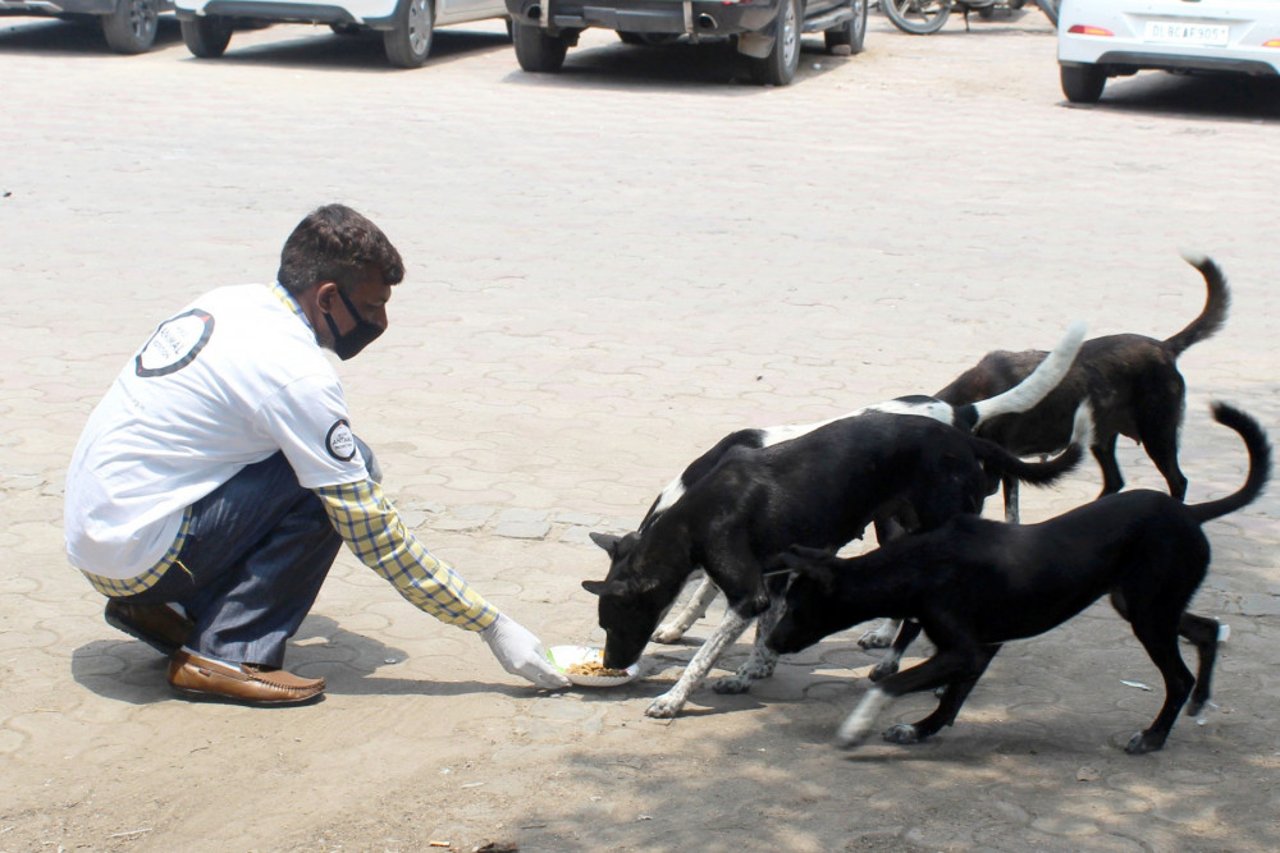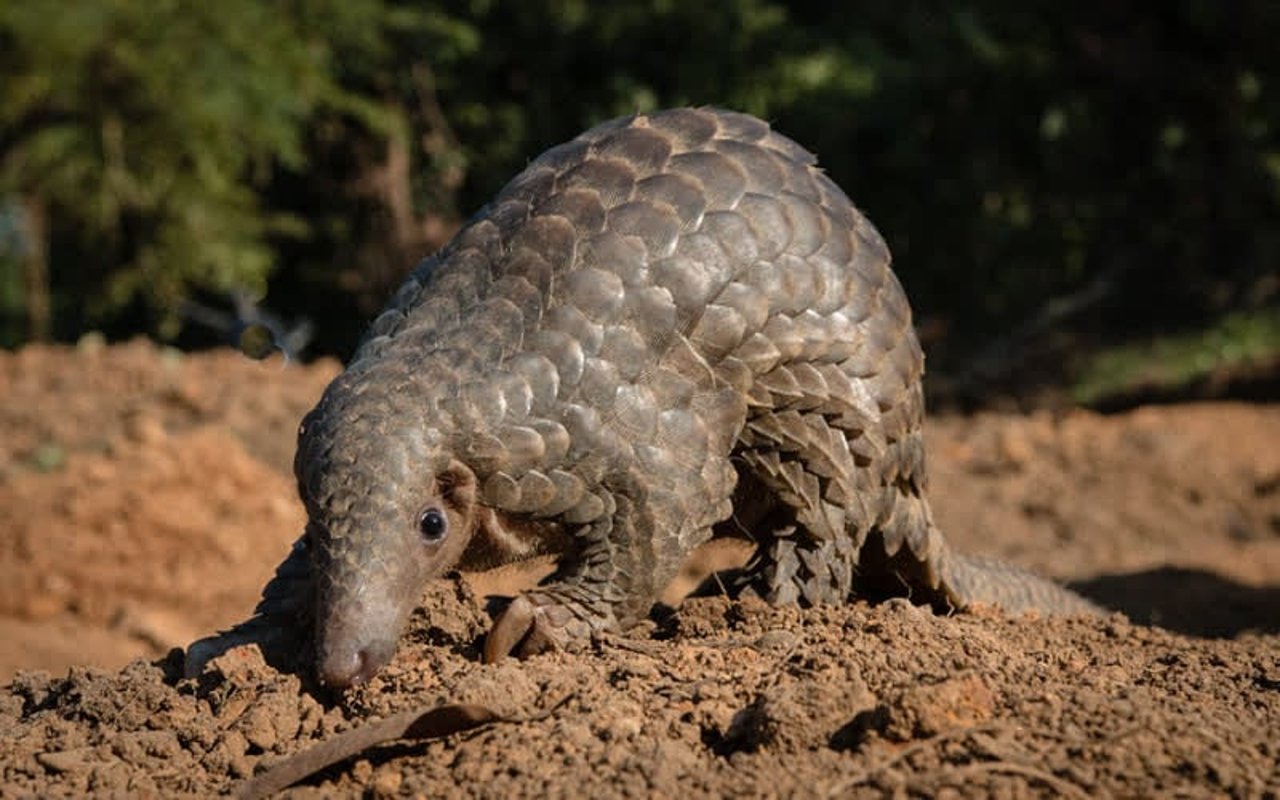
Seven ways you’re helping animals during the pandemic
News
The coronavirus crisis has brought unexpected hardship to people and animals worldwide. Thankfully, your support means we can help animals impacted by these unprecedented times. Here are just some of the amazing things you are making possible.
Top image: AMP
Elephants in Thailand
Tourism has plummeted in Thailand, and captive elephant venues are struggling to feed and care for their animals. To stay healthy, just one elephant needs to eat up to a massive 400kg of food a day. With your help we have supported 11 high-welfare venues in Thailand, care for approximately 70 elephants and the staff who look after them.
Hear from the staff at one of the sanctuaries about how your support is helping.
Stray dogs in India
Thanks to you, our India team has been working hard to protect the large population of street dogs in the country during the pandemic, feeding 2,000 dogs within a few weeks by partnering local authorities.
You’ve also inspired India’s prime minister Shri Narendra Modi to join our call to protect animals. He said: “I appeal to the people of this country to take care of all the animals around them. World Animal Protection has created a list of Do’s and Don’ts that everyone can easily follow as they observe social distancing and are at home due to the lockdown. Let’s not forget stray animals in this crisis. They need us.”
Bears in Romania
Spring and summer are usually the busiest times at the Romanian bear sanctuary. Tourists visiting provide our partner Asociatia Milioane de Prieteni (AMP) with much-needed funds to care for the 107 rescued bears. But between March and June the sanctuary was forced to close – leaving the sanctuary without this vital source of income. Your generosity enabled us to provide extra funding for food, veterinary care and medicine, and running costs during this difficult time. Thanks to you, these bears continued to receive the very highest level of care.
Read about how you are helping, with a shout out from Victor Watkins, our global wildlife advisor.
Stray pets in Brazil
When 21 local organizations in five Brazilian states, were struggling to help care for stray dogs and cats abandoned during the pandemic you stepped in to help. So far, your donations have supplied them with 18 tons of dog food – enough for 6,000 dogs for two weeks. Through our social media channels, we are also urging communities to feed and protect street dogs in their local area. Together, we are helping prevent them from starving and being mistreated by people.
Bears in Pakistan
Bears at the Balkasar sanctuary have been getting the very best of care throughout the pandemic which has severely affected the country.
Our hardworking partners, the Bioresource Research Centre of Pakistan (BRC), are ensuring life goes on as normal for the 63 bears. Food has become more expensive in these difficult times, but your support means these beautiful animals are not losing out in any way. And the sanctuary team has just negotiated the surrender of four more bears from baiting and dancing, bringing the total to 67 bears!
Pangolins in China
Your support helped achieve better protection for pangolins. The Chinese government has upgraded their protection level and removed their scales from the traditional medicine list. An average of 20 tonnes of these shy and gentle creatures, and their body parts are trafficked every year. Thankfully, all eight pangolin species now have the same protection levels as pandas and tigers in China. Anyone poaching and smuggling them will get more severe punishments.
Wildlife in Saudi Arabia
With your help we’ll press world leaders at November’s G20 summit in Saudi Arabia to protect the world’s wildlife by introducing a global wildlife trade ban. This horrifically cruel trade affects billions of animals annually. And, as the pandemic has shown, it also puts our health at risk. Sixty percent of all emerging infectious diseases are zoonotic, meaning they originate from animals; 70% of these are believed to originate from wild animals. We’ll keep you updated with progress as we get closer to the summit.
Thank you for all that you do for animals everywhere!
With your help we’ll press world leaders at November’s G20 summit in Saudi Arabia to protect the world’s wildlife by introducing a global wildlife trade ban.

